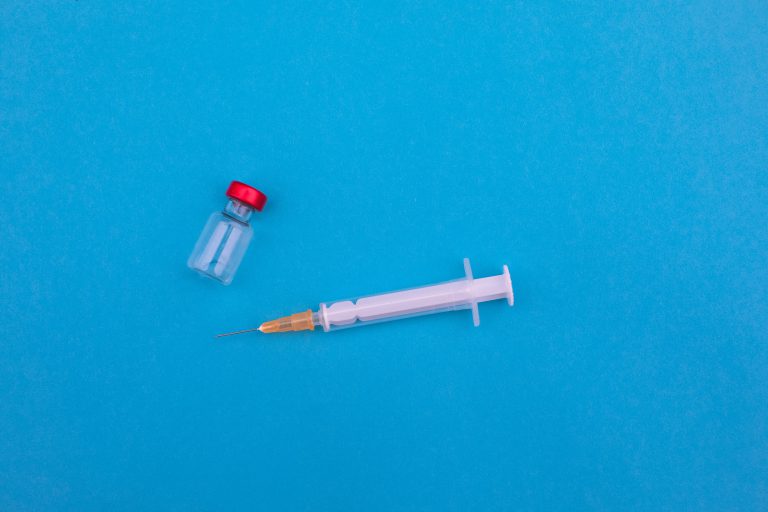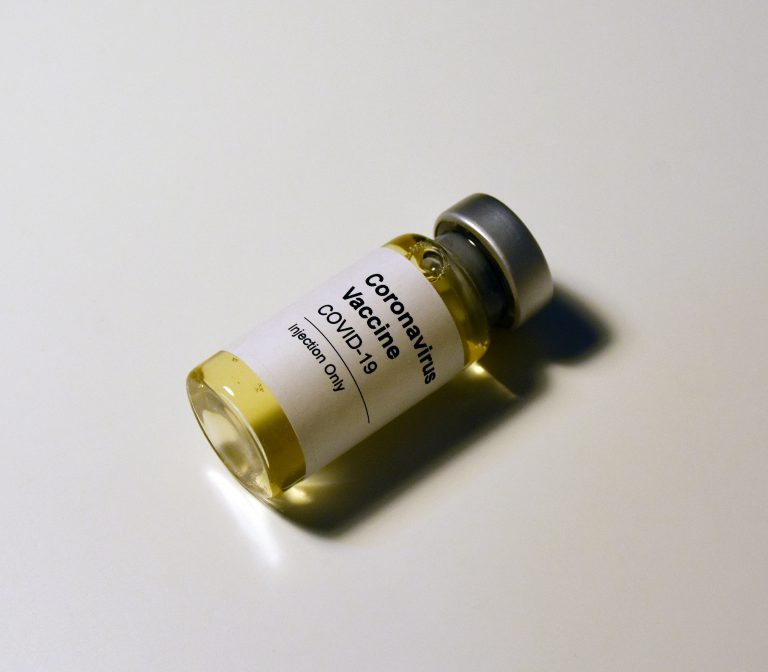One of the more predictable side effects of current circumstances and events is the rise in rates of burnout and dissatisfaction in physicians. With the pressures of working on the front lines and dealing with intense disinformation, feelings of hopelessness, despair, and gloom can set in, ebbing away at the sense of purpose many doctors and medical health professionals used to have.
Work-life balance is much harder for a physician
The concept of work-life balance is not so easily achieved in the field of medicine, and for quite a few reasons. Standards for what a physician’s service should be like are punctuated by what are called the three A’s: able, affable, and available. That last adjective makes it difficult for any physician to have clear boundaries between work and the rest of their life.
More often than not, doctors are on call nearly 24/7. Their concerns deal with illness and injury, and their jobs involve a level of dedication uncommon in many professions. Since human lives are quite possibly at risk, it can make it hard for professionals in the healthcare industry to set the right boundaries.
Studies have shown that physicians work an average of 51.4 hours a week, with nearly 23.5 percent of doctors working anywhere between 61–80 hours per week. This leaves little time for sleep and other priorities.
Changes must be made
One of the things revealed by the pandemic is that there are many flaws in the healthcare industry that need addressing. Millennial physicians, in particular, are paying attention to the problem, demanding systemic change from the ground up in order to protect the mental health and well-being of physicians, doctors, and all other professionals in the healthcare industry.
Over 92 percent of physicians aged 35 and below stated in a survey by the American Medical Association that work-life balance was important to them. This comes from having seen the effects of burnout firsthand in their peers and how this epidemic in the healthcare industry affects them and their families.
Many also feel pressure to focus on professional relationships outside of work, as this was the culture among many older physicians.
The pursuit, however, is not so simple
In an essay by Andreas Schwinshackl, Ph.D., he stated that the pressures of achieving a work-life balance to create a defining line between work and everything else may add to the already many stresses that professionals in the healthcare industry experience.
His recommendation, rather than dividing one’s time, was for physicians to integrate and harmonize their tasks. The trick was to continually search for meaning and purpose in whatever task or endeavor you might desire to enact. He suggests that work is just another part of life, not an eschewing or rejection of it. Once this realization is cemented in the mind, a path to a better and truer balance could be achieved.
Final thoughts
There are many problems in the healthcare industry that need addressing. A growing number of physicians are struggling with their sense of passion and purpose. While there is no clear answer yet, the wonderful thing here is that these problems have come to light and are slowly being addressed and changed.
For news and resources on how to navigate the healthcare industry, send us a message at Dose of Healthcare. We have the information and knowledge to help you navigate these trying times.



















